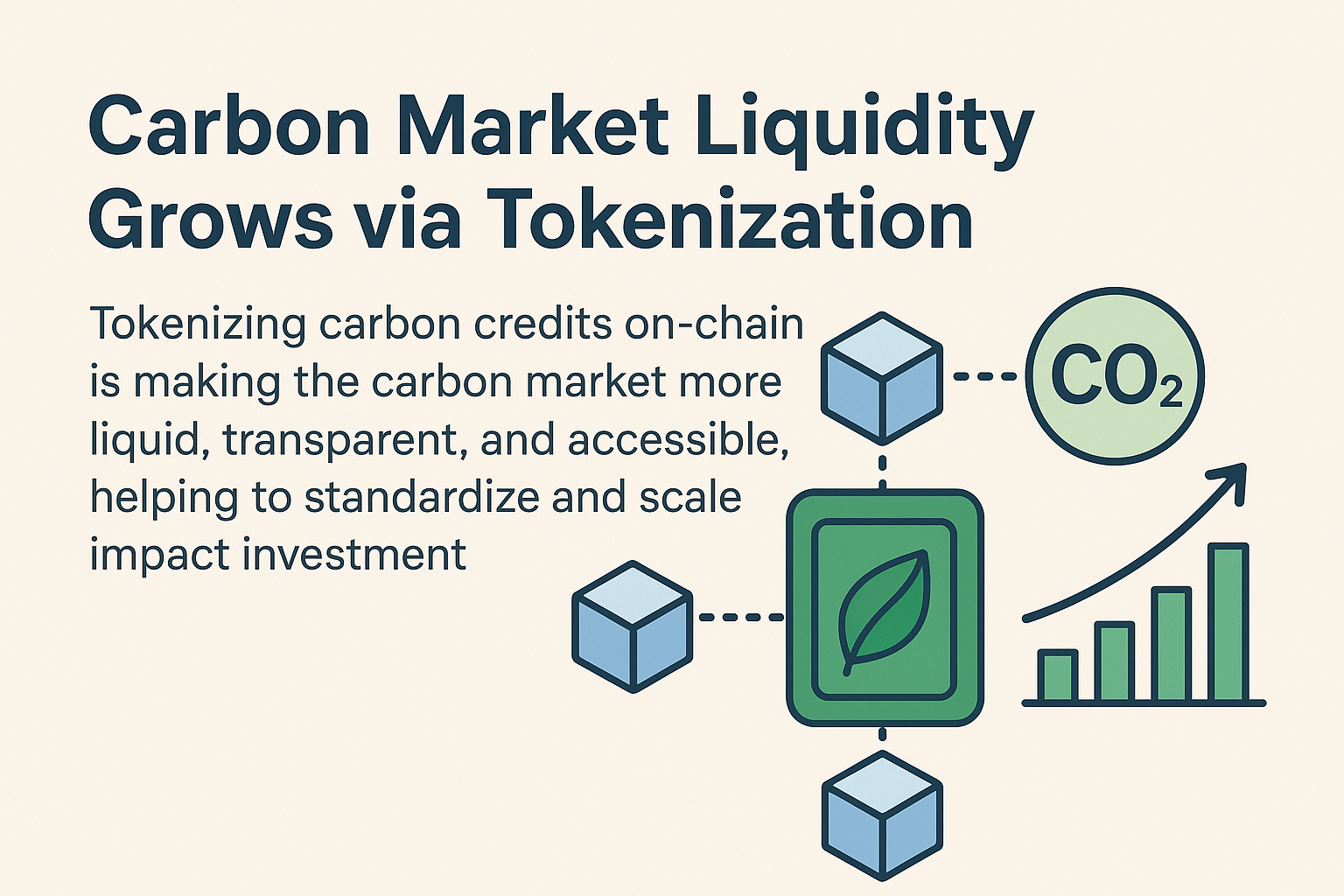In the face of accelerating climate challenges and growing regulatory pressures, the global green technology market is poised to reach $73.9 billion by 2030, according to a recent report from GlobeNewswire. This projection reflects a robust compound annual growth rate (CAGR) driven by the convergence of artificial intelligence (AI), blockchain innovations, and environmental, social, and governance (ESG) frameworks.
The Rise of AI-Driven Sustainability
AI has become a cornerstone of modern sustainability strategies. From energy optimization in smart buildings to predictive analytics in renewable energy grids, AI is helping organizations reduce waste, cut emissions, and improve efficiency. AI-powered systems can detect inefficiencies in manufacturing, automate eco-friendly supply chain decisions, and even model climate risks with remarkable accuracy.
Startups and tech giants alike are investing in green AI tools, including carbon footprint calculators, energy-saving recommendation engines, and climate monitoring systems. These innovations are not just improving ESG scores—they’re redefining what environmentally responsible business looks like.
ESG Compliance Fuels Corporate Adoption
As ESG compliance becomes mandatory in several jurisdictions, companies are seeking robust technologies that can ensure transparency and accountability. From carbon accounting platforms to automated ESG reporting tools, green tech solutions are simplifying the path to sustainability.
Governments, investors, and stakeholders are putting increasing pressure on companies to deliver not just profits but also measurable impact. Firms that fail to meet ESG expectations risk losing capital, customers, and credibility. As a result, green technology is no longer a niche—it’s a strategic imperative.
Blockchain Enables Trust and Traceability
Blockchain’s decentralized and tamper-proof architecture is becoming instrumental in tracking sustainability metrics across industries. Projects using blockchain are helping verify supply chain transparency, ensure carbon credit legitimacy, and tokenize sustainable assets like green bonds or renewable energy certificates.
These innovations offer immutable proof of ESG claims, providing confidence to investors and regulators alike. Companies like IBM and SAP are already integrating blockchain-based sustainability tools into enterprise systems, unlocking new levels of trust in climate action.
Key Market Segments Driving Growth
The green technology ecosystem encompasses diverse segments, including:
-
Renewable energy solutions (solar, wind, hydrogen)
-
Smart agriculture and precision farming
-
Water purification and desalination tech
-
Circular economy platforms for recycling and reuse
-
Green buildings and smart city infrastructure
Each segment is benefitting from venture capital inflows and government incentives. For example, the U.S. Inflation Reduction Act and the EU Green Deal have accelerated demand for clean tech and green innovation.
Looking Ahead: Opportunities and Challenges
While the future of green technology looks bright, challenges remain. Interoperability, data privacy, and scalability are still hurdles to widespread adoption. Moreover, many smaller firms lack the capital to integrate advanced AI or blockchain solutions. However, as costs drop and public-private partnerships expand, access to green tech will continue to broaden.
The road to 2030 will be paved with opportunity. Companies that embrace this transformation today will not only future-proof their operations but also contribute to a sustainable and equitable global economy.




